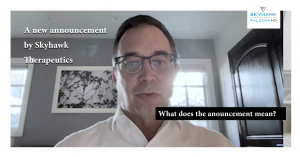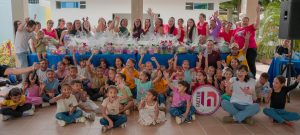The legal assistance program has been operating informally in Colombia and Venezuela for a few years. Recently, Factor-H decided to establish a more structured effort to reach more families and have more of an impact. In Colombia, Factor-H works with volunteer lawyer Carlos Enrique Diaz, who has been assisting families for years, first under the auspices of Fumcovulc, a local foundation with whom we worked initially, and now as an advisor and volunteer to Factor-H. Carlos lives in El Dificil, Magdalena, and graduated from Law school from University of Barranquilla. Carlos has worked tirelessly to ensure HD families get the government help they deserve.

In Colombia, under the law 1392 of rare disorders (you can read more about Colombian legislation HERE; in Spanish), HD patients must receive adequate medication, and assistance for wheelchairs, hospital beds, etc. If insurance companies do not provide for them, legal action must be taken. Unfortunately, this is a common occurrence in Colombia, and impoverished and poorly educated families are the least able to represent themselves, and get the assistance they deserve – by law. This is why we defined, from the outset, establishing a legal strategy as a key goal for our work. initially, we worked with Lawyer Monica Roa who helped us develop a relationship with some Colombian legal-based organizations; she wrote an article for a legal magazine in Colombia to raise the issues of violations of patients’ rights in 2016, and you can read this article HERE.
Other projects in this program include conflict remediation strategies- within family members and between HD families and their communities. Together we our collaborators, we are trying to establish an educational and practical resource to minimize conflict.
Stay tuned for more news.




